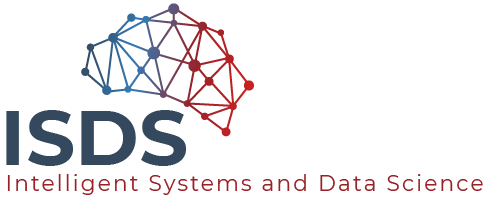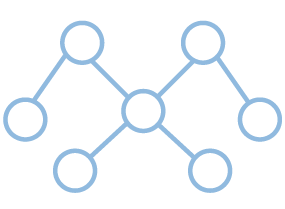Francesco Osborne attended the 14th edition of the prestigious International Semantic Web Conference where he presented the paper “Klink-2: Integrating Multiple Web Sources to Generate Semantic Topic Networks” in the highly selective research track. The paper introduced Klink-2, the new version of the Klink algorithm for the automatic generation of ontologies of research topics.
Klink-2 analyses networks of research entities (including papers, authors, venues, and technologies) to infer three kinds of semantic relationships between topics. It also identifies ambiguous keywords (e.g., “ontology”) and distinguishes them into the appropriate distinct topics – e.g., “ontology/philosophy” vs. “ontology/semantic web”. A formal evaluation showed that Klink-2 is able to generate automatically ontologies of research topics with a higher degree of precision and recall compared to other algorithms. Additionally, Klink-2 is very scalable and it is able to generate very large multi-disciplinary ontologies. For example, the ontology of Computer Science topics currently used by the Rexplore system contains about 15K research topics linked by about 70K semantic relationships. Klink-2 and Rexplore are currently being tested in the Computer Science field, however we plan to apply them to other scientific fields soon.



 Scholarly Knowledge Mining
Scholarly Knowledge Mining
 Digital Humanities
Digital Humanities
 Data Science
Data Science
 Smart Cities and Robotics
Smart Cities and Robotics